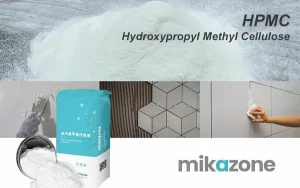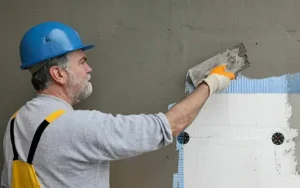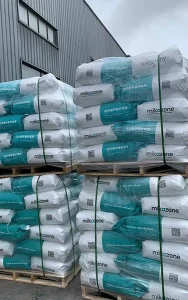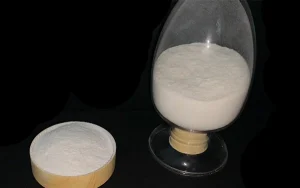The Viscosity Influence on Water Retention and Strength
It is generally believed that higher viscosity results in better water retention. That means that more water will be retained in the mortar with higher viscosity HPMC, resulting in improved strength. However, there are some drawbacks to higher viscosities; for example, with increasing molecular weight comes lower solubility, which can have a negative impact on strength and construction properties.
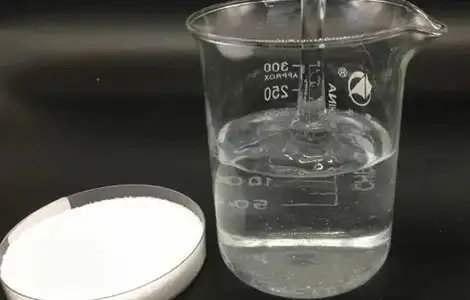
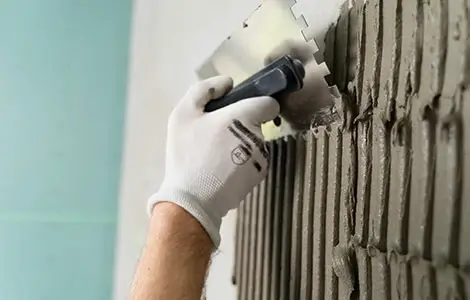
Sticky Mortar Properties and Adhesion
The higher the viscosity of HPMC also means that wet mortar will become stickier and harder to work with as well as have greater adhesion to substrates during construction. This can be beneficial for certain applications such as wall tile adhesion but too much adhesiveness can create problems such as poor spreadability or difficult application of thin layers onto substrates. Therefore it’s important to use the right level of viscosity depending on what type of application you need it for.
Conclusion:
In conclusion, when using HPMC in your mortar mix it’s important to consider how its viscosity affects performance. Generally speaking, higher viscosities provide better water retention effects while lower levels give more flexibility during application without sacrificing too much water retention or strength properties. Ultimately, finding that balance between high enough viscous levels for good performance while still being able to work with it is key when using HPMC in mortars or other construction materials. Understanding this balance is critical for any successful project involving mortars containing HPMCs.

